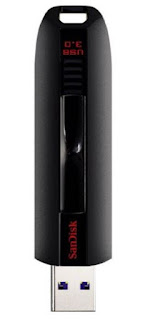Version 1.90c Beta has the following changes from v1.89:
- Automatic support for WinBuilder-based ISOs (e.g. Gandalf, Dium, Yol, ChrisR PEs)
- The three most common INI files used by WinBuilder ISOs now added to root of the E2B drive
- QRUN.g4b improved to automatically detect WinBuilder ISOs
- WinBuilder ISOs are checked to ensure no spaces in filename and end with .ISO extension
- UPDATE_E2B_DRIVE.CMD will automatically 'tidy' files if \menu.lst is hidden by user
- Windows 7/8/10 XML files now in SAMPLE XML FILES subfolders. To use them, copy them to the appropriate folder, e.g. from \_ISO\WINDOWS\WIN10\SAMPLE XML FILES to \_ISO\WINDOWS\WIN10
v1.90c is available from the Alternate Downloads Areas as usual.
















